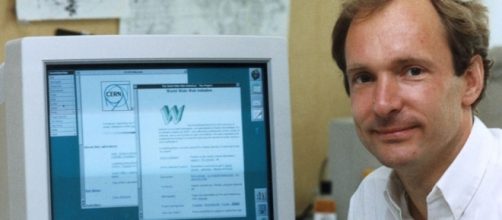The Association for Computing Machinery (ACM) in an announcement on Tuesday, broke the news that Sir Tim Berners-Lee is the recipient of the 50th A.M. Turing Award, a prestigious achievement akin to the Nobel Prize for computing. The MIT professor is entitled to the $1 million prize money, provided by Google Inc., which comes with the award – to be presented later on June 24 in San Francisco, California, at the annual Awards Banquet.
About the MIT professor
Berners-Lee said, as quoted by MIT News, that he was humbled to receive the namesake award of a computing pioneer who showed that what a programmer could do with a computer was limited only by the programmers themselves.
He is currently a principal investigator at MIT’s Computer Science and Artificial Intelligence Laboratory (CSAIL), and has a joint appointment at the department of electrical engineering and computer science. Many other Turing Award recipients before him have taught at MIT, including among others, Michael Stonebraker, Shafi Goldwasser and Silvio Micali, Barbara Liskov, Ronald Rivest, and Butler Lampson.
The World Wide Web
Berners-Lee invented a system that included a uniform resource identifier, a hypertext transfer protocol or the HTTP, a web browser, and a hypertext markup language or HTML. There are currently over 1 billion websites on the internet, according to the ACM. The first website went online in 1991, which is actually not that long ago, but today it is hard to imagine the world without the MIT professor's invention.
Berners-Lee today is dedicating most of his life to making the web open and free for everyone. In an opinion piece he wrote for The Guardian, published in March this year, Berners-Lee identified the three major problems facing the internet today: we’re losing control of our personal data, misinformation spreads easily on the web, and political advertising requires transparency and understanding.
Berners-Lee’s career
He has received multiple honorary awards throughout his career. Berners-Lee was named one of Time Magazine’s “100 Most Important People of the 20th Century” and was knighted by Queen Elizabeth II in 2004. Included in his list of awards are the Internet Hall of Fame in 2012, the Charles Stark Draper Prize in 2007, the President’s Medal in 2006, and the Millennium Technology Prize in 2004. He also has some ideas on how to solve the modern problems facing the web today, including developing “data pods” for personal use and exploring alternative revenue models for micro-payments.

